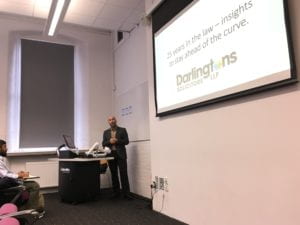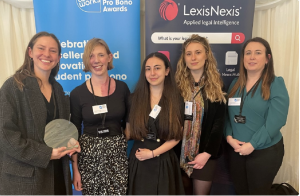
As a founding member of the University of London’s Refugee Law Clinic, we are thrilled to announce that the Clinic was recently awarded Best Contribution by a Law School in the LawWorks and Attorney General Student Pro Bono Awards.
Goldsmiths Law sends 6 of its students to the Clinic every year. The students are selected through a competitive application process. Students spend a whole year with the Clinic (working part time, from home and in person). They are supervised there by the Clinic’s staff as well as by volunteer lawyers from Magic Circle law firm Clifford Chance LLP and internationally leading corporate law firm Macfarlanes LLP. As the Clinic is open to all University of London students, our students work alongside students from other leading UoL institutions: LSE, UCL, City, QMU, Birkbeck, King’s, Royal Holloway, London Business School and SOAS.
Lily, one of our third year LLB students, who participated in the Clinic’s activities this year, was amongst the students selected by the Clinic to attend the Law Works and Attorney General Awards ceremony. The ceremony took place at the House of Commons on Thursday 27th April and was supported by the Attorney General, the Rt Hon. Victoria Prentis KC MP. The Refugee Law Clinic was one of six shortlisted organisations competing for the award.
This is what Lily said about her her experience of volunteering at the clinic, and Awards night:
I feel very fortunate as the clinic kindly selected myself and one other lovely volunteer to join them at the ceremony in the House of Commons, and there were also many other worthy clinics which had travelled from all around the country, so it was extra special that we went home with something! You can see some coverage of it here.
My experience of volunteering at the UoL Refugee Law Clinic has not only allowed me to develop a strong understanding of refugee and immigration law – which is invaluable given the turbulent legal climate we currently find ourselves in – but it has also been a genuinely enjoyable and rewarding experience. Having such a collaborative environment and being able to work alongside highly experienced solicitors with such passion really transfers onto you, it really is a privilege to be able to learn from their expertise. Finally, I feel grateful to be able to interact directly with clients, particularly being able to meet face-to-face (especially after the last two years during the pandemic) is incredibly insightful, and it seems all too rare to have the chance to listen to their stories while not even having graduated from university yet.
I am currently working on my third case at the clinic, and each time there has been a huge amount of trust instilled between us and the client, allowing us not to merely ‘take over’ clients’ cases, but to work together in order to get them the fairest outcome. I have no doubt that this experience will be invaluable for my future role as a solicitor, and I am grateful both to Goldsmiths and Dr Dagmar Myslinska who recommended me for the role, and to the clinic for allowing me to contribute to championing social justice and human rights.
In terms of the ceremony itself, I am just beyond proud of the Clinic for winning the ‘best contribution by a law school’ as awarded by LawWorks. It is vital work being carried out at a time perhaps that asylum seekers are more under threat than ever. I feel lucky to have been able to contribute to this in some small way and I am sure this is the first of many well deserved awards for their work in assisting those who need it the most.
The Head of the Department, Professor Dimitrios Giannoulopoulos, added:
“We are very proud of the time that our students volunteer, and the invaluable contribution they are making, annually, to this critically important Clinic. We were with the Refugee Law Clinic at the very beginning of its journey, and I personally feel very privileged that we were given the opportunity to support it and help build it from scratch. We fully embed it in our LLB and LLM programmes at Goldsmiths, and look forward to continuing to see the fruits of its vital work for years to come”.
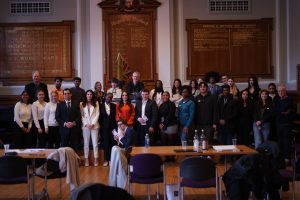
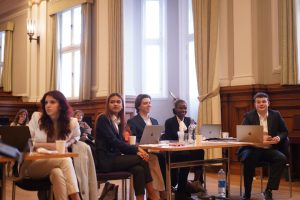
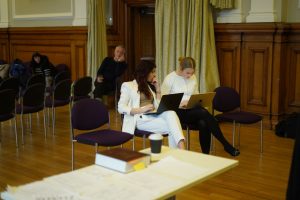
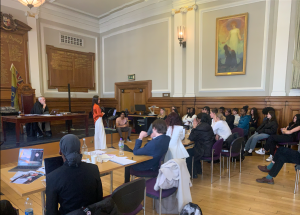
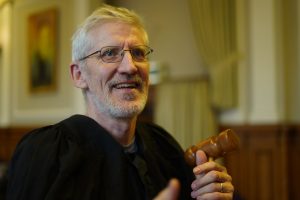
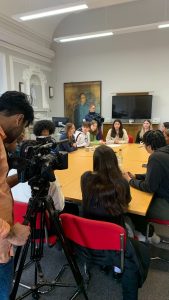
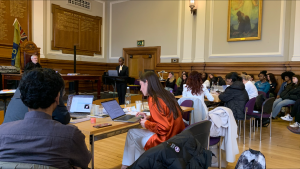
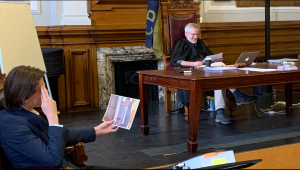
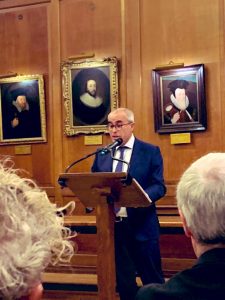
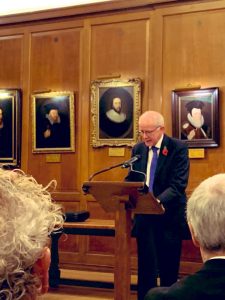
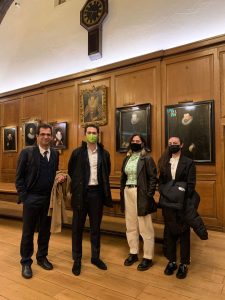


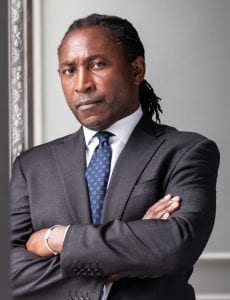
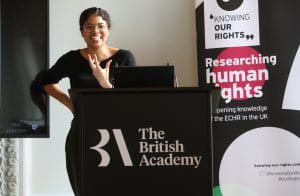
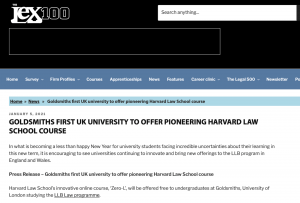
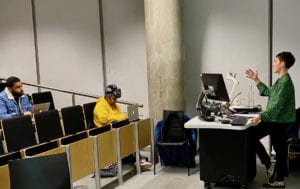
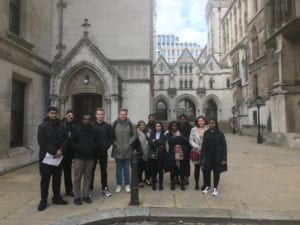

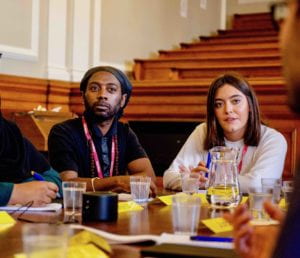
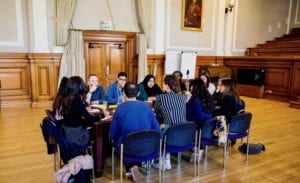 In the three separate sessions that took place at Goldsmiths on October 9th, we had the following verdicts:
In the three separate sessions that took place at Goldsmiths on October 9th, we had the following verdicts: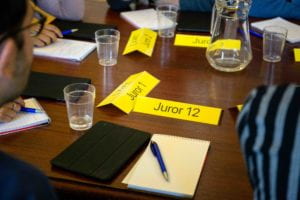 The activity became an immediate favourite for Goldsmiths Law students. Fabian Higgins said that “the dichotomy of a serious accusation in the face of evidence (or lack thereof) balanced with ideas of justice, empathy and compassion became manifest; the activity drew into question the ‘fairness’ of our justice system and the human desire to ‘do the right thing’. A really fantastic opportunity.” Larah Otoo focussed on how the setting allowed the students to immerse into the experience: “From the moment I entered the room there was a court-like atmosphere with a formal set up of a table in the centre with juror numbers displayed and notebooks which added to the immersive experience. All the evidence – character statements, knowledge from experts in the particular field of crime, information regarding whereabouts of the defendant’s phone, internet search history and online messaging conversations that the defendant had – was presented to us was via iPads.
The activity became an immediate favourite for Goldsmiths Law students. Fabian Higgins said that “the dichotomy of a serious accusation in the face of evidence (or lack thereof) balanced with ideas of justice, empathy and compassion became manifest; the activity drew into question the ‘fairness’ of our justice system and the human desire to ‘do the right thing’. A really fantastic opportunity.” Larah Otoo focussed on how the setting allowed the students to immerse into the experience: “From the moment I entered the room there was a court-like atmosphere with a formal set up of a table in the centre with juror numbers displayed and notebooks which added to the immersive experience. All the evidence – character statements, knowledge from experts in the particular field of crime, information regarding whereabouts of the defendant’s phone, internet search history and online messaging conversations that the defendant had – was presented to us was via iPads.
